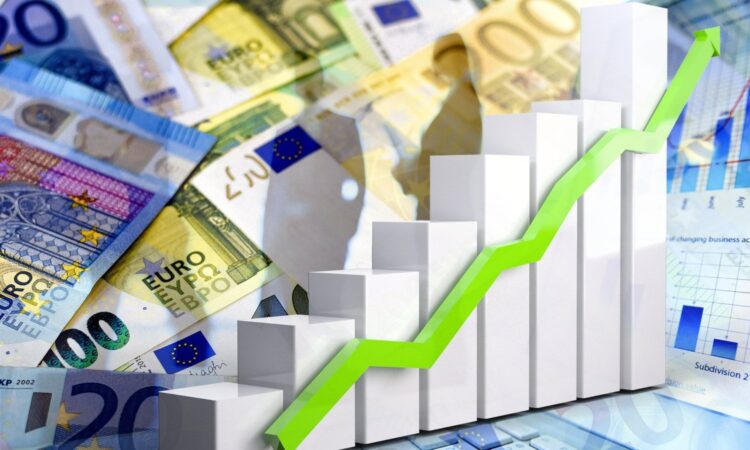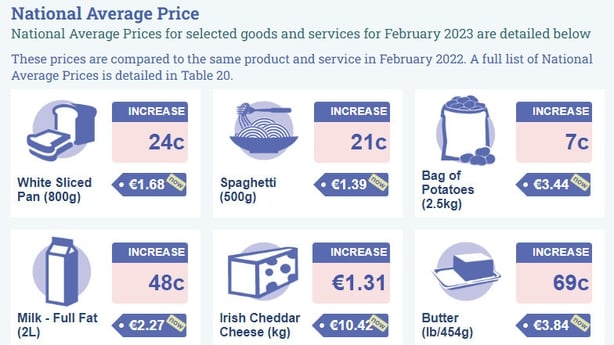
“Inflation is projected to remain too high for too long”.
The first line of the European Central Bank’s (ECB) statement this week sounded more like a plaintive cry than its usual bone-dry formality.
Despite its sixth interest rate increase in as many meetings, we are now less clear than we have been in months over where rates are going to go next.
Last month, the ECB helpfully told us it intended to raise interest rates by another 50 basis points (half a percentage point) at its March meeting, which it duly did.
Back at its meeting in December, it said it expected to raise rates further.
This week, this explicit indication that rates would rise further, something suggested as recently as two weeks ago by the bank’s chief economist Philip Lane at a speech in Trinity College was entirely absent.
So, what does that mean?
Unfortunately, it does not mean inflation has come down sufficiently to ease the pain of higher interest rates. It is more to do with the turbulence on financial markets in Europe and the US over the past week or so – and that’s perhaps more worrying.
There are a lot of different views over what prompted the collapse of Silicon Valley Bank in the US. But one factor was that some of its reserves were in US Treasury bonds.
These have fallen in value as interest rates have risen, and at least two other smaller regional banks in the US have also been snagged up in the fallout.
Read more: Inflation up to 8.5% in February from 7.8% in January
What does the collapse of SVB mean for Ireland?
23% of consumers struggling with higher grocery prices

Last September, the Bank of England was forced to buy up billions of bonds to stabilise markets following the disastrous ‘mini-budget’ debacle which prompted UK bond yields to rise.
The bank later made a handsome profit on its operation, but it would probably have preferred not to have had to intervene at all.
Meanwhile this week, Swiss banking titan Credit Suisse was forced to go cap-in-hand to the Swiss Central Bank to secure $54bln (€50.8bln) to keep the wolves of the financial world away from its door.
It has been struggling under the weight of scandals and investigations over the past two years.
The catalyst for its humiliation was its main shareholder, Saudi National Bank, refusing to invest any more money in the bank.
None of these market events happened for the same reason. But there is a common theme that is wrapping all of them together.
Money is no longer free.
Interest rates have been going up for some time in the world’s main economies and look likely to remain elevated while inflation remains stubbornly high.
Investors are no longer as willing to accept the same level of risk or put up with questionable business practises. They have other, safer options.
That is leading to stresses, strains and a whole brood of chickens coming home to roost.
The President of the ECB, Christine Lagarde, said there was “no trade off between price stability and financial stability” and that the bank “was not waning in its fight against inflation”.
But clearly, it is not as sure as it was just a few short weeks ago that more rate rises are warranted.
If even some of the reason for that is concern over the financial system, then that is something we should all be concerned about.





